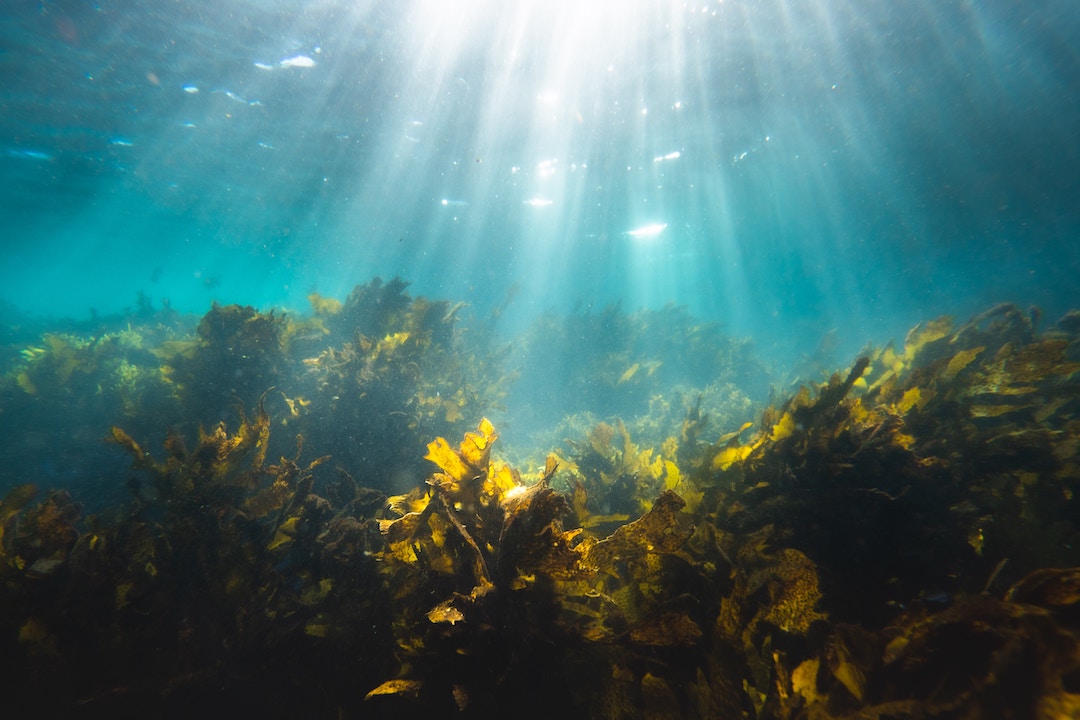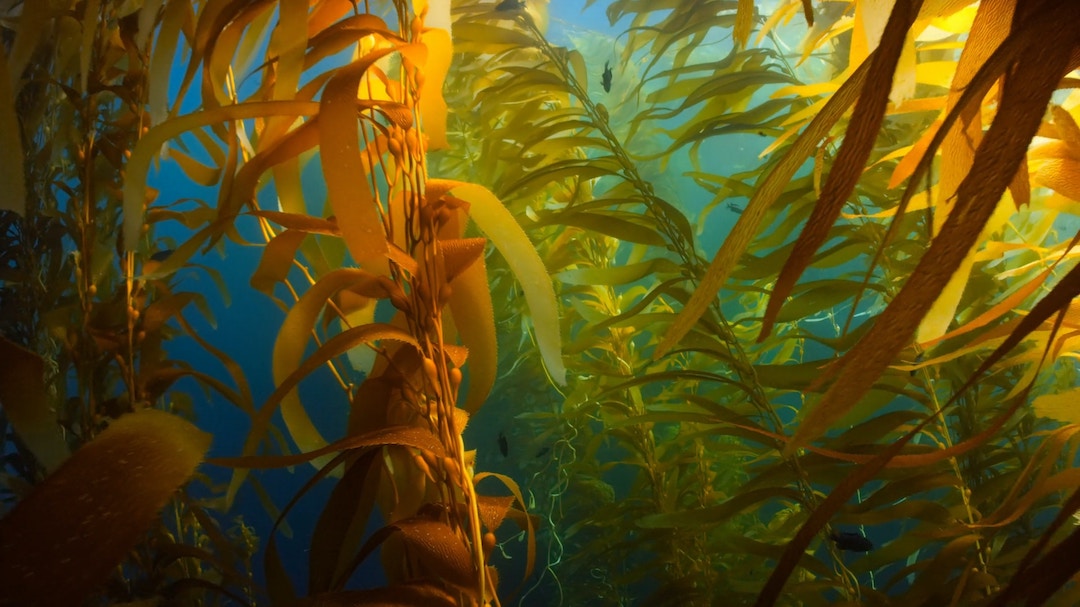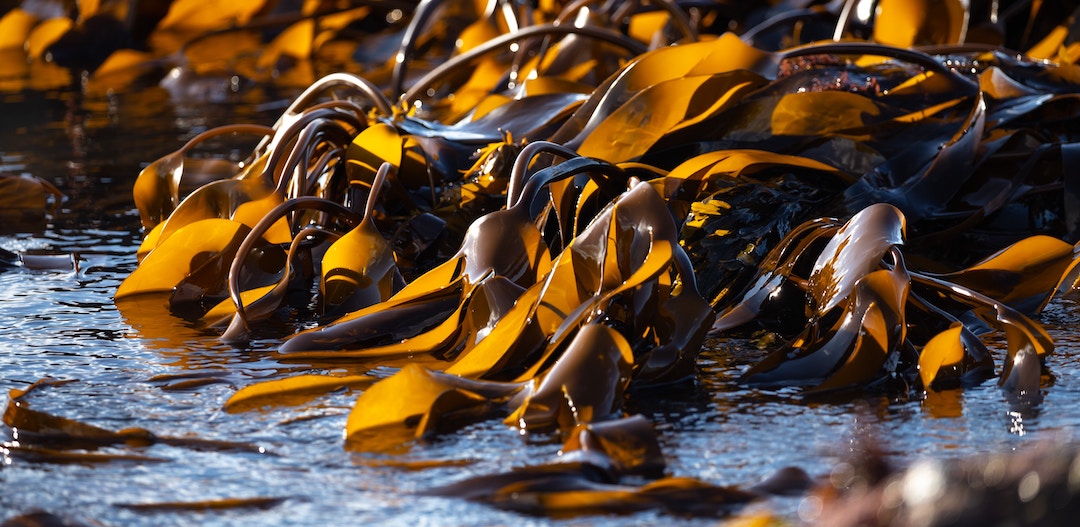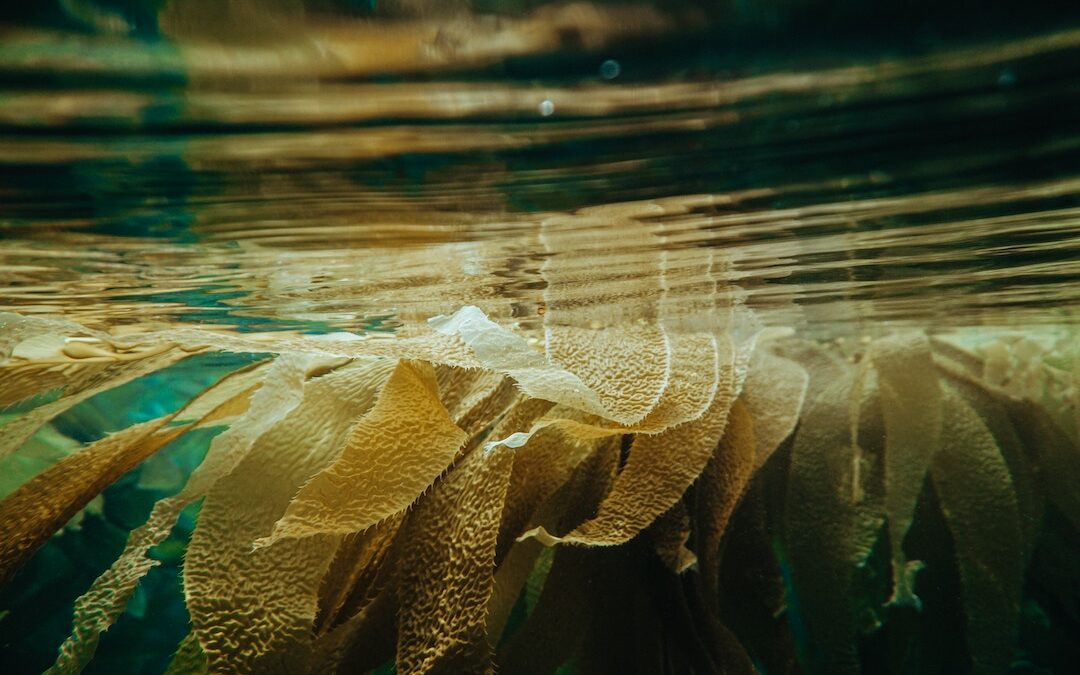Scientists from Victoria University are undertaking studies on the power of seaweed, and its use in a range of products including fertiliser, cosmetics, food and more.
It means we could be seeing plenty more seaweed-based products on our shelves sooner than you may think.

Super seaweed
Seaweed is the term used to describe aquatic marine plants such as seagrasses and macroalgae. Around the world, seaweed production has grown to over 30 million tonnes, supporting local economies and farmers.
But apart from economic and trade benefits, seaweed is also an environmental superhero. It naturally sequesters carbon, meaning it uses carbon as fuel rather than releasing it into the atmosphere. On seaweed farms, the plants absorb nutrients and carbon to grow. As a fast-growing plant, this makes it a convenient and popular crop.
In Australia, we have access to an abundance of seaweed on our coastlines. Tasmania alone is home to 750 different species, making it a hotspot for seaweed diversity. In fact, this year it hosted the International Seaweed Symposium, which brings together international farming and environmental bodies to focus on how seaweed aquaculture is changing and growing. However, despite having access to such vast amounts of crop, Australia’s commercial seaweed industry is not as vibrant as other countries.

A world of research
Research into the possible applications of seaweed began back in June. Dr Jianhua Zhang and biochemist Dr Marlene Cran from Victoria University teamed up with experts from universities in Shandong, a Chinese province known for growing around three-quarters of the world’s commercial seaweed.
The team is currently analysing how polymers can be made from seaweed for use in clothing and cosmetics, replacing plastic as a common ingredient. The team is also studying the use of seaweed in food, and the possible benefits of this change.

Unpacking the results
While the study is still in its early days, the implications for using seaweed in the place of synthetic materials are already astounding. Unlike plastic, seaweed is biodegradable, meaning it can be disposed of without releasing pollutants and carbon emissions.
Seaweed plants also store carbon, cleaning up our water and air. According to one study, using seaweed in the place of plastic could save around 175 million tonnes of CO2 in a year.
However, there is still a while to go before seaweed-based products are commercially viable. Currently, there are no commercial ocean-based seaweed farms in Australia, and a significant amount of research is yet to be undertaken before seaweed can be introduced as a reliable alternative.
But scientists are encouraged by the current trajectory, meaning we could be seeing an increase in the use of seaweed very soon. We’ll just have to keep an eye out.
Enjoyed reading about the power of seaweed? Why not check out our other environmental news stories, including an ancient marine animal on the brink of extinction or the charity leading the charge for shellfish reef restoration.

